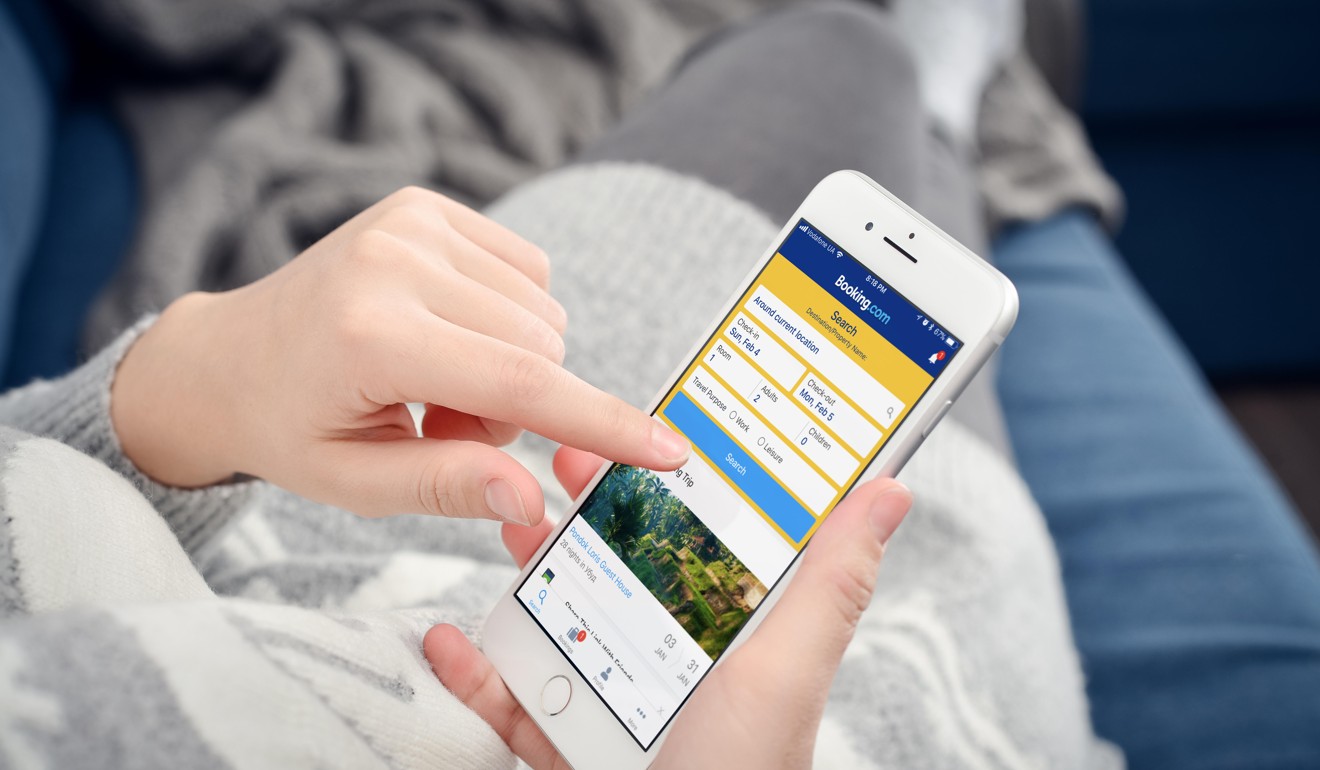
What your choice of phone says about your holiday preferences, and how travel booking app responds
- Apple and Android phone users in China have such different behaviours, a hotel booking app is to rank its search results according to which handset they have
- Owners of high-end Huawei and Samsung phones are the ones choosing the priciest hotels, says Booking.com
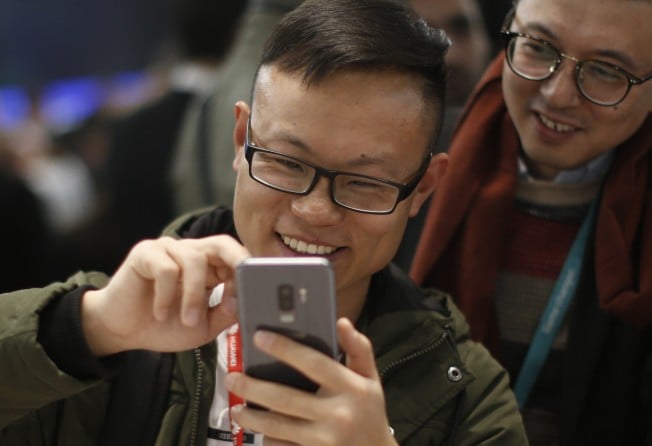
Which phone you have says a lot about what kind of traveller you are, according to Booking.com data, particularly in China, where the hotel booking platform will soon give different search results depending on what phone is being used.
“People using iPhone and Android have different behaviours and, generally speaking, people with Android phones tend to spend less and tend to book mostly domestic travel,” says Marsha Ma, managing director and China vice-president at Booking.com. “But it depends on the handset. There’s a much bigger price range for Android phones, and actually those with higher-end Android phones [choose] more expensive hotels than iPhone owners.”
So while you may think those toting an iPhone XS Max are the biggest spending travellers, it’s those with a Samsung Galaxy S10 Plus or Huawei P30 Pro that are more likely to be staying in the most expensive hotels. (The Booking.com app comes pre-installed on Huawei phones in China, and new users can get exclusive discounts.)
From humble beginning as a start-up in Amsterdam over 20 years ago, Booking.com has grown a lot; every day, its website and app are used to make 1.5 million bookings at 27 million hotels in 229 countries. For many of its users, it’s all about convenience. An option for free cancellation of rooms makes it easy to plan long-term trips, and even monitor price drops and rebook closer to departure.

However, Chinese travellers aren’t using the service like that. In fact, so different is digital behaviour in China that the company has had to treat it like an entirely new part of its business.
“Chinese tourists are much happier to book a hotel on the same day,” says Ma. “China is an app-only world, and when Chinese people search, their behaviours are very different to the rest of the world.” Booking windows are getting ever shorter, and many Chinese travellers regularly book somewhere to stay when they reach their destination.
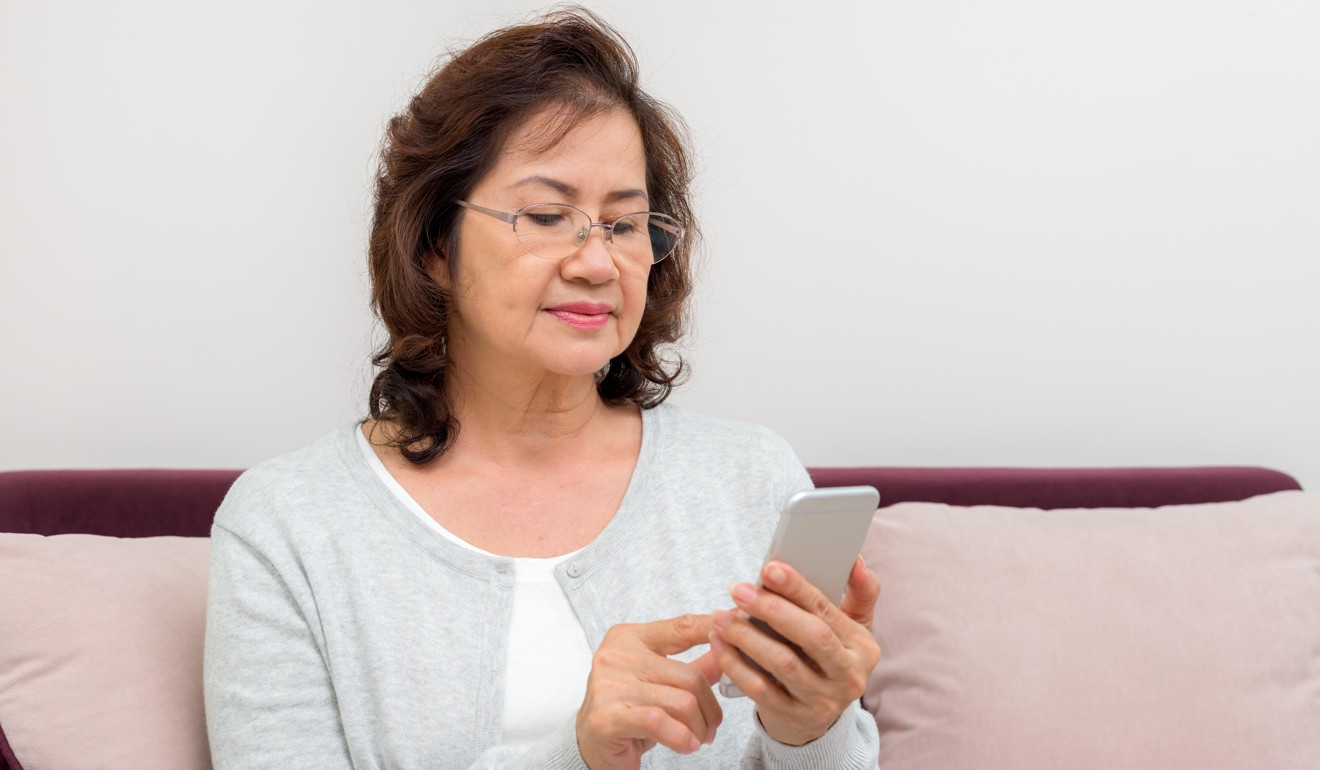
“Same-day booking is much higher than the rest of the world,” says Ma. “According to our data, millennials in China don’t like long-term planning. We see much … less planning for domestic booking.”
This preference for same-day booking, and other China-only behaviours, caused Booking.com to do something in China that it had not done anywhere else. It built a China-specific app, which is fast becoming a platform all of its own. WeChat is embedded, there is a China-only loyalty points scheme, and a customer services callback feature that works anywhere in the world. Ma confirms that Booking.com will soon include online chat with customer services; integration with ride-sharing company Didi Chuxing is also possible.
A key function of the app is location-based search, which makes it possible to look for a last-minute hotel deal just by searching the surrounding area. Booking.com’s algorithm is the “secret sauce”, using machine learning to try to second-guess what you want. For example, if you usually book downtown hotels when you visit cities, that’s what it shows you. “It’s based on customers’ previous booking, where they are, and also on what phone they’re using,” says Ma.
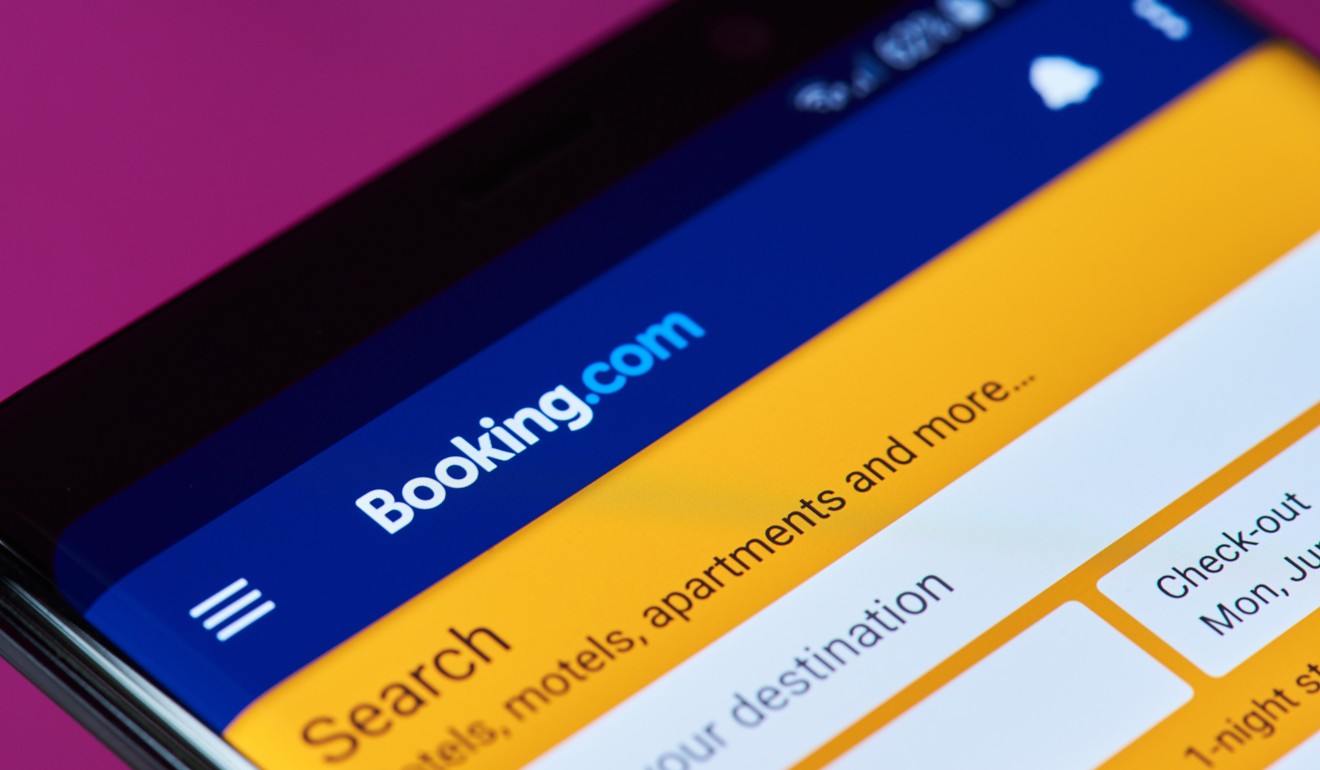
During its first four years in China (where it has been live for eight years and has 1,000 employees in seven offices) the Booking.com platform was translated into Chinese. Back then, the travel market was very different.
“Most Chinese travel was domestic, then it was to Southeast Asia, then [the Asia-Pacific], and now it’s … everywhere,” says Ma. “It’s still Asia-centric by volume, but Chinese tourists are travelling everywhere. We have this cool world map that shows how our Chinese customers’ footprint covers the world. Every day we see a new destination lighting up.”
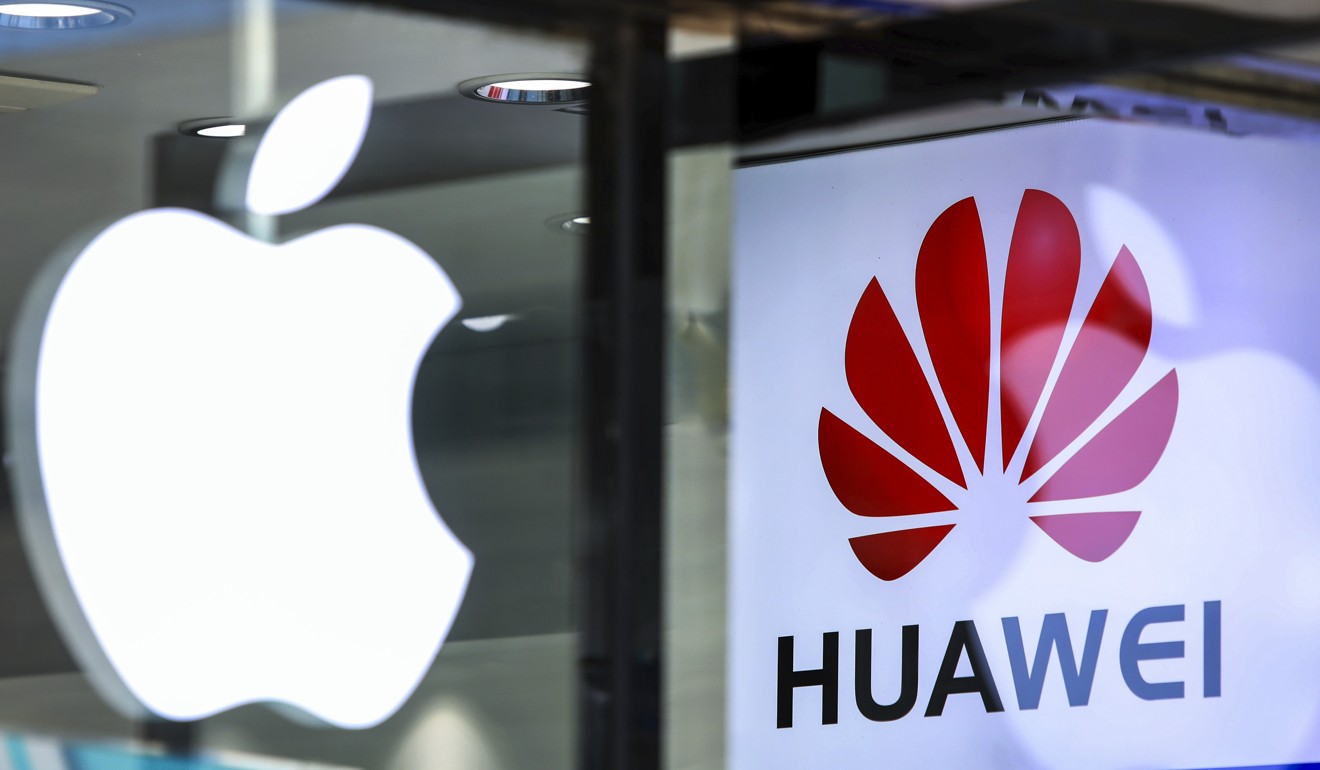
Which are the favourite destinations for Chinese travellers? According to Booking.com’s internal Travel Trends survey, these were the cities most booked in 2018 by outbound Chinese travellers:
1. Hong Kong
2. Tokyo, Japan
3. Bangkok, Thailand
4. Osaka, Japan
5. Taipei, Taiwan
6. Kyoto, Japan
7. Chiang Mai, Thailand
8. Seoul, South Korea
9. London, United Kingdom
10. Singapore